I am trying to set the redirect_uri in Azure B2C. I have a language field in the Url like this:
https://mydomain/de-de/projects
https://mydomain/en-us/projects
https://mydomain/sv-se/projects
https://mydomain/ar-sa/projects
...
and to be correctly redirected, I have to add all the possibilities to the B2C Reply URLs and I am only limited to 20 max.
Is there a way to add variables to the redirect_uri? Something like:
where ":lang" is a variable the could take any value.

////////////////////////////////////
Solution
The tricky solution was to manipulate the state and inject it with the returned URL due to the fact that it will be sent back after the login/signup response. createLoginUrl() method:
let url = that.loginUrl
+ '?response_type='
+ response_type
+ '&client_id='
+ encodeURIComponent(that.clientId)
+ '&state='
+ encodeURIComponent((state) + 'url' + returnedUrl)
+ '&redirect_uri='
+ encodeURIComponent(window.location.origin)
+ '&scope='
+ encodeURIComponent(that.scope);
so here I split the state with 'url' word so I can read it again after the response came.
encodeURIComponent((state) + 'url' + returnedUrl)
An important details redirect_uri, it should be the same origin:
'&redirect_uri=' + encodeURIComponent(window.location.origin)
and this URL should be added to the returned URL in Azure B2C application.
Now I can split it again in tryLogin() method:
const statePartsWithUrl = (parts['state'] + '').split('url');
window.location.href = statePartsWithUrl[1];
and it works perfectly.
////-------------------------------------
Edit : 1.2.2019
const statePartsWithUrl = (parts['state'] + '').split('url');
let state = '';
let returnedUrl = '';
if (statePartsWithUrl != null) {
state = statePartsWithUrl[0];
returnedUrl = statePartsWithUrl[1];
}
Here is the splitting of the state to read the information from it in method tryLogin(options)